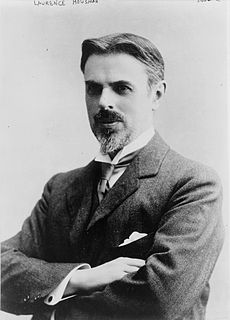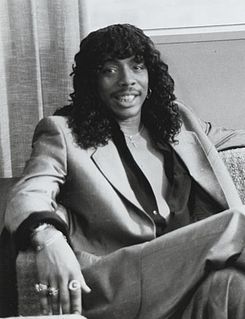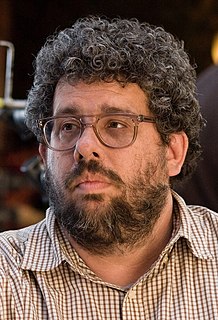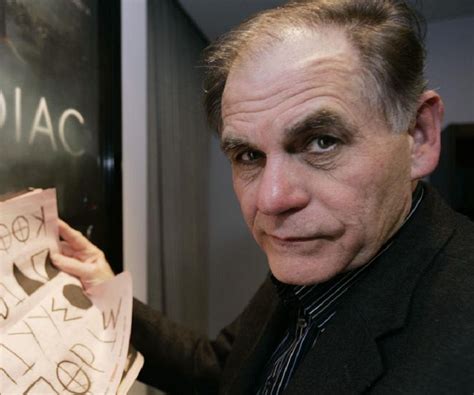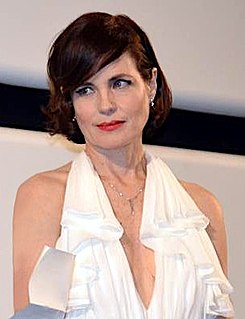A Quote by Laurence Housman
I have always been a writer of letters, and of long ones; so, when I first thought of writing a book in the form of letters, I knew that I could do it quickly and easily.
Related Quotes
I wrote a huge number of letters that spring: one a week to Naoko, several to Reiko, and several more to Midori. I wrote letters in the classroom, I wrote letters at my desk at home with Seagull in my lap, I wrote letters at empty tables during my breaks at the Italian restaurant. It was as if I were writing letters to hold together the pieces of my crumbling life.
I realized how valuable the art and practice of writing letters are, and how important it is to remind people of what a treasure letters--handwritten letters--can be. In our throwaway era of quick phone calls, faxes, and email, it's all to easy never to find the time to write letters. That's a great pity--for historians and the rest of us.
[Henry Miller] was such a scribomaniac that even when he lived in the same house as Lawrence Durrell they often exchanged letters. For most of his life, Henry wrote literally dozens of letters a day to people he could have easily engaged in conversation - and did. The writing process, in short, was essential. As it is to all real writers, writing was life and breath to him. He put out words as a tree puts out leaves.
I was always looking for the most dramatic emphasis. One example would be the letter writing, or the reading of the letters. If you remember from the book, they find the letters and then in the most undramatic way they take them downstairs, they get approval, they sit at a table during the day with their own author, across from each other.
It's interesting to me that really one of the first things she [Eleanor Roosevelt]did as First Lady was to collect her father's letters and publish a book called The Letters of My Father, essentially, hunting big game, The Letters of Elliott Roosevelt. And it really was an act of redemption, really one of her first acts of redemption as she entered the White House. She was going to redeem her father's honor. And publishing his letters, reconnecting with her childhood really fortified her to go on into the difficult White House years.
I get letters from two kinds of readers. History buffs, who love to read history and biography for fun, and then kids who want to be writers but who rarely come out and say so in their letters. You can tell by the questions they ask - How did you get your ?rst book published? How long do you spend on a book? So I guess those are the readers that I'm writing for - kids who enjoy that kind of book, because they're interested in history, in other people's lives, in what has happened in the world. I believe that they're the ones who are going to be the movers and shakers.
In the First World War, people would be receiving letters from loved ones who had been dead for weeks, and they would not know until that black-bordered telegram arrived. I remember, of course, when it was letters only, or the telephone, and you did not make expensive long-distance calls unless it was, "Come home to the funeral," or the like.
